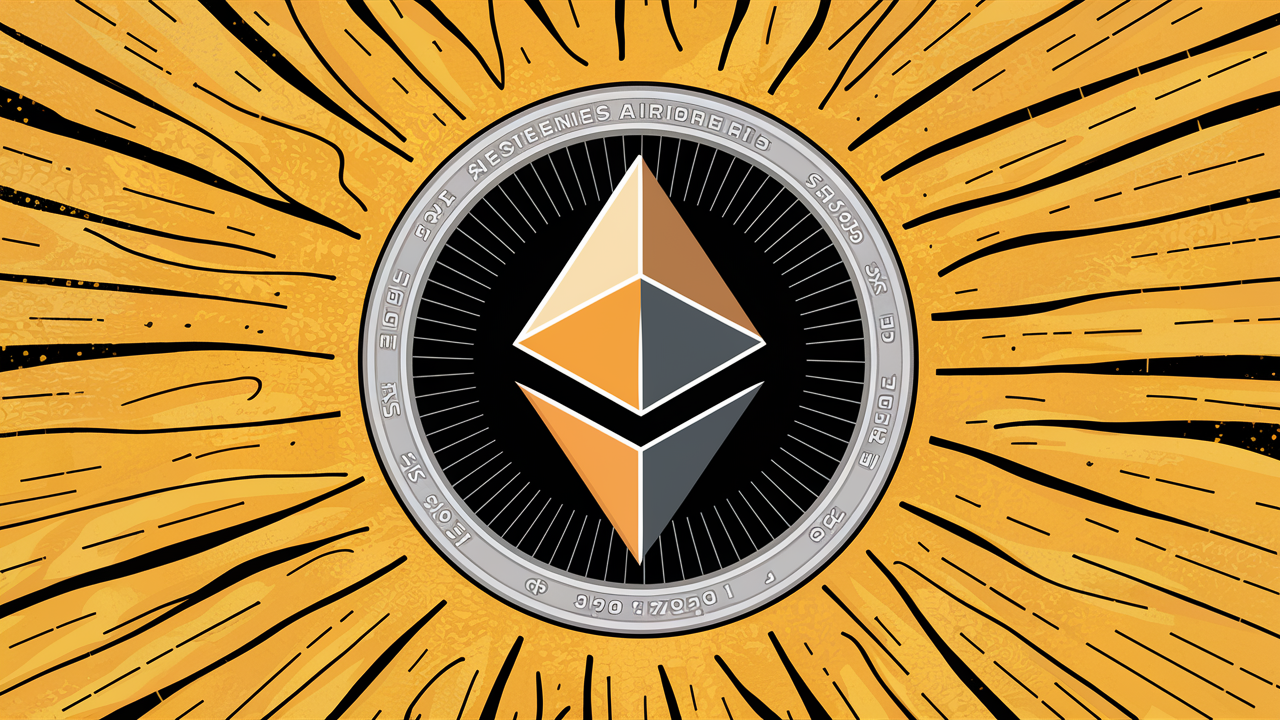Guide to Cryptocurrencies: What is a Fork?
CryptoPress
What is a fork? In the cryptocurrency space, a fork is a change to the code of a cryptocurrency’s blockchain. Forks occur when two or more developers start from a single set of code and create two different versions of it.
Developers can do this if they want to make changes to an existing protocol. It typically occurs when there is a disagreement among the people developing the cryptocurrency. They can also do this to test new ideas or to create a new product. Forks usually occur in open source projects, which are collaborative efforts.
In this guide, everything you need to know about a cryptocurrency fork.
What is a Fork?
A fork is essentially two separate blockchains, one running on the original protocol, and another running on a new version of the protocol. This can create a significant problem for investors.
If the companies behind the cryptocurrency are involved in the fork, there’s a very high risk that investors will lose money. If the companies aren’t involved, the fork has no effect on investors.
The process of creating a fork can be described as follows: A team of developers creates a new version of a cryptocurrency, which they name and launch. They then release a new version of their code, which anyone can download. When this happens, both versions of the code take the same role and are expected to go to the same places on the blockchain.
This essentially creates an alternate version of the previous software, with its own blockchain and currency. The original software continues on unaltered by the fork in its existing path.
The most famous cryptocurrency forks
Two of the most well-known cryptocurrencies that have experienced forks are Bitcoin and Ethereum. Bitcoin has two major branches — Bitcoin (BTC) and Bitcoin Cash (BCH). BCH was forked from BTC because the developers believed that the original version of Bitcoin didn’t work as expected. As such, they decided to create a new version of the cryptocurrency.
Many consider Bitcoin Cash to be a scam because it was created for speculation. However, its main contributor, Roger Ver, is known for being a supporter of Bitcoin Cash, and it is considered to be one of the most popular currencies in the crypto-space.
Ethereum has seen three major forks. The most famous is the classic Ethereum (ETH), which was forked in July 2016 because developers believed the original version didn’t work.
Types of Forks
Note that a fork can occur in a block, a specific file on the blockchain, a type of transaction, or a whole network. There is usually a conflict over some aspect of a cryptocurrency.
For example, a developer can decide that he wants to use a blockchain for a new type of transaction, or he wants to create a new currency. For this, he needs to code a new algorithm that other developers have to learn. Usually, this makes the other developers frustrated and there will be a conflict over the new concept of cryptocurrency.
The developers who created the new algorithm are usually the only people who are interested in that blockchain and who will use the cryptocurrency after it has been released. The result is that the developers will likely split the cryptocurrency into two,
Hard Fork
A hard fork occurs when developers or miners disagree about the future of a cryptocurrency. This could lead to the project reverting back to the previous version, or diverging into two new currencies. A hard fork is a significant event since it affects everyone who owns the new cryptocurrency.
Hard forks are risky, especially if the developer is not transparent about the reasoning for the fork. It is important to note that this type of fork may be necessary to prevent malicious activity. But, in many cases, hard forks are disruptive and can cause a lot of turmoil among cryptocurrency holders.
A hard fork involves a fundamental change to the code of a cryptocurrency’s blockchain. In this case, there are usually a lot of miners that decide to upgrade their software to the new code. In addition, this change will require more computing power to validate transactions on the network. The result is that the original, less popular blockchain will fall behind.
Soft Fork
A soft fork is a modification that involves only a small amount of miners. It is a minor change that occurs within a cryptocurrency’s software. This makes it less likely to split the cryptocurrency in two.
In addition, soft forks usually bring more people on board with the network. That means that if one version of the code was more successful than the other, the original version will probably fade away.
What are the consequences of a fork?
Once a fork occurs, there are two types of users: those that have the old version of the code and those who have the new code. Usually, the developers of the currency will attempt to convince the other group that the new version is a better option.
The majority of users who do not update their software will remain on the old code. This is an issue for the businesses that use the network to send transactions.
Forks can also create confusion as there will be two different versions of a cryptocurrency. This can lead to people believing that the two systems are two different cryptocurrencies.
What should you do if there is a fork?
The decision to do a fork depends on the severity of the disagreement and the goal the developers want to achieve. If the developers are talking and the disagreements are easy to solve, a fork may not be a big deal for you.
However, if the developers are arguing and the disagreements are deep-rooted, a fork may significantly affect your cryptocurrency. When two or more developers start from the same code and create two different versions of it, the new code will have different rules.
For example, the two versions of bitcoin have different transaction limits, and one has more coins in circulation. This is called a network split.
Conclusion
Most of the time, forks are harmless and not cause for concern. In other cases, however, forks may result in problems for both the community and for developers of the cryptocurrency. They may also lead to serious technical issues if they introduce new concepts, data, or rules.
© 2024 Cryptopress. For informational purposes only, not offered as advice of any kind.
Latest Content
- Crypto Market Update: April 25, 2024
- Renzo’s Restaked ETH Depegs to $700: DeFi Platforms Gearbox and Morpho Face Liquidations
- Crypto Market Update: Insights and Trends for April 23, 2024
- On April 24, the $RTF Token from Oleksandr Usyk’s READY TO FIGHT Project Will be Listed on WhiteBIT
- Crypto Market Update: Key Trends and Insights for April 22, 2024
Related
- Countdown to Ethereum 2.0 The countdown to Ethereum 2.0 has started....
- Non-Fungible Tokens: The Guide Non-fungible tokens (NFTs) are a new type of token which is represented by unique cryptographic units, meaning that each token has a unique value. ...
- How to earn Bitcoins The most important standard mode for obtaining Bitcoins is by purchasing it on an exchange. Some people prefer to keep them for a while expecting the currency to appreciate, while others prefer to make the most of selling them when...
- Will Bitcoin ever die? Bitcoin is going through a huge transition right now. Bitcoin has been used in transactions all over the world, and it continues to grow in popularity. Many people wonder if Bitcoin will ever die, just like people used to wonder...




